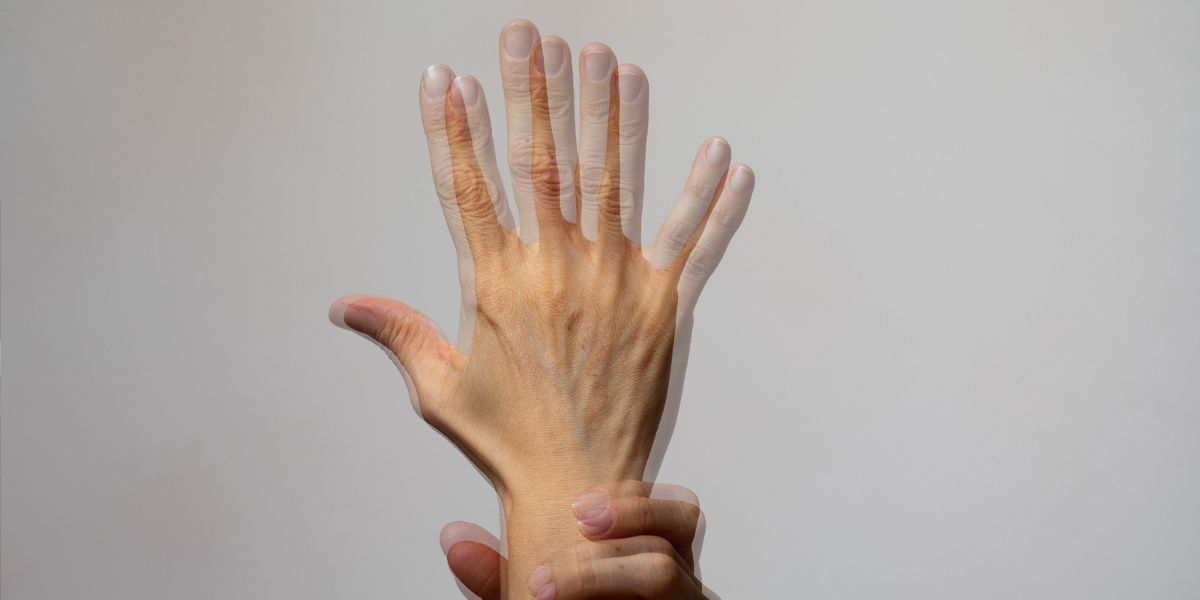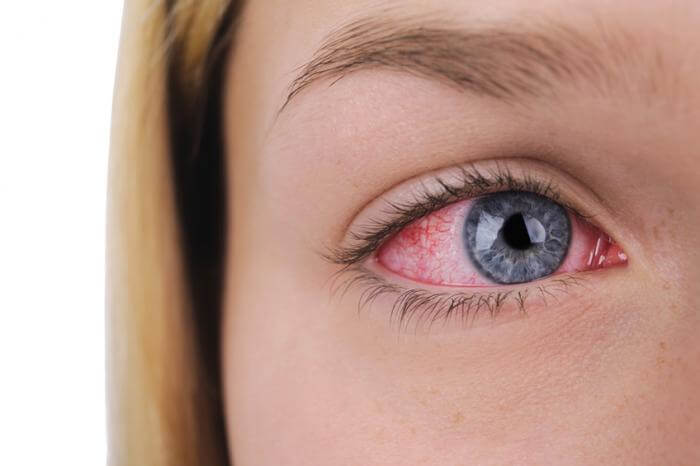If you’re feeling the cold at the moment, you are not alone. It’s cold and flu season and winter can be harder on all parts of your body, including your eyes!
Here are some ways in which the wintery months can affect the health of your eyes and some tips to help combat this temperature drop.
Sunshine
Even during winter we are exposed to UV radiation from the sun, including when it is overcast, therefore it’s a good idea to wear your sunglasses year round. Sunglasses reduce the reflection of the suns rays off shiny surfaces which can be especially problematic when driving and when the sun is very low in the sky. Sunglasses protect your eyes from harmful UV radiation and they can also provide a barrier from the wind.
Hot and Cold Air
Our eyes deal with all sorts of different hot and cold blasts of air during winter which can cause dryness and irritation. Cold temperatures, windy conditions, heat pumps and air conditioning can all make these symptoms worse.
Tears help protect the surface of the eye, keeping it hydrated and washing away any irritants. However, sometimes we need a bit of extra moisture to combat the feeling of dry irritated eyes. A lubricating eye drop or artificial tears may help if your eyes are feeling the drying effects of winter.
You may find your eyes produce more tears as a result of the conditions you are in. Believe it or not, watery eyes in cold, wintry conditions usually occur as a result of dry eye syndrome, not just the windy or cold conditions. When you have dry eye syndrome, the tears you produce may not be good quality tears. They may evaporate faster than is normal, and to combat this your eyes produce more tears. A qualified optometrist will be able to tell you why your eyes are dry, or producing too many tears, and which eye drops are going to help you the best. Eating foods high in Omega 3 and drinking plenty of water can help alleviate symptoms.
Take breaks from the screen
How good is it to snuggle under a blanket and watch a movie in winter! Although there is no evidence at this stage to show that screen time damages your eyes, you may experience symptoms of digital eye strain such as tired, dry and fatigued eyes. If you do have to look at a screen for long periods of time, make sure you take breaks and look at something 20 meters away for 20 second every 20 minutes.
If you are experiencing uncomfortable or dry eyes, contact your optometrist for a full and thorough eye examination. This is the most effective way of assessing eye health and visual function of your eyes.










